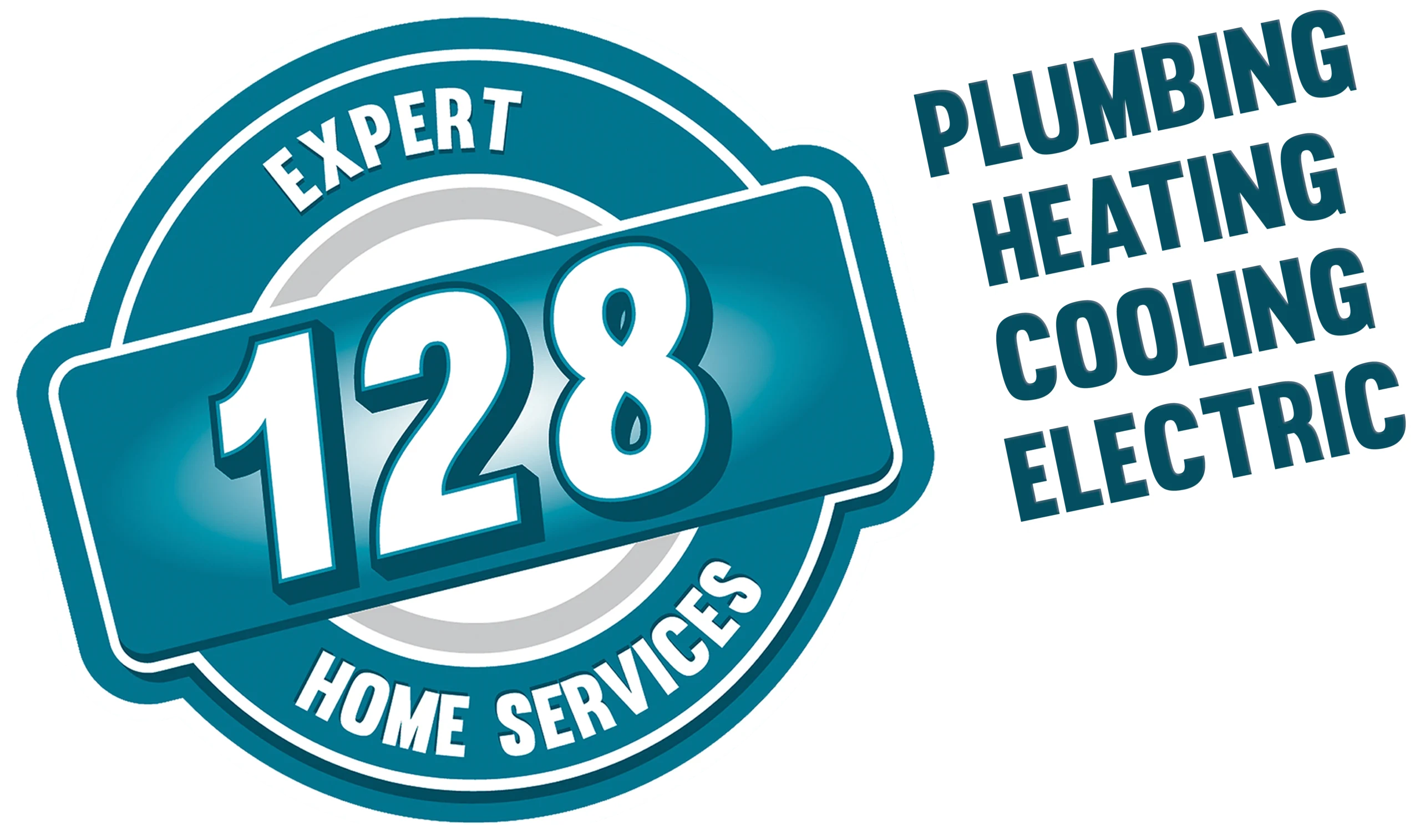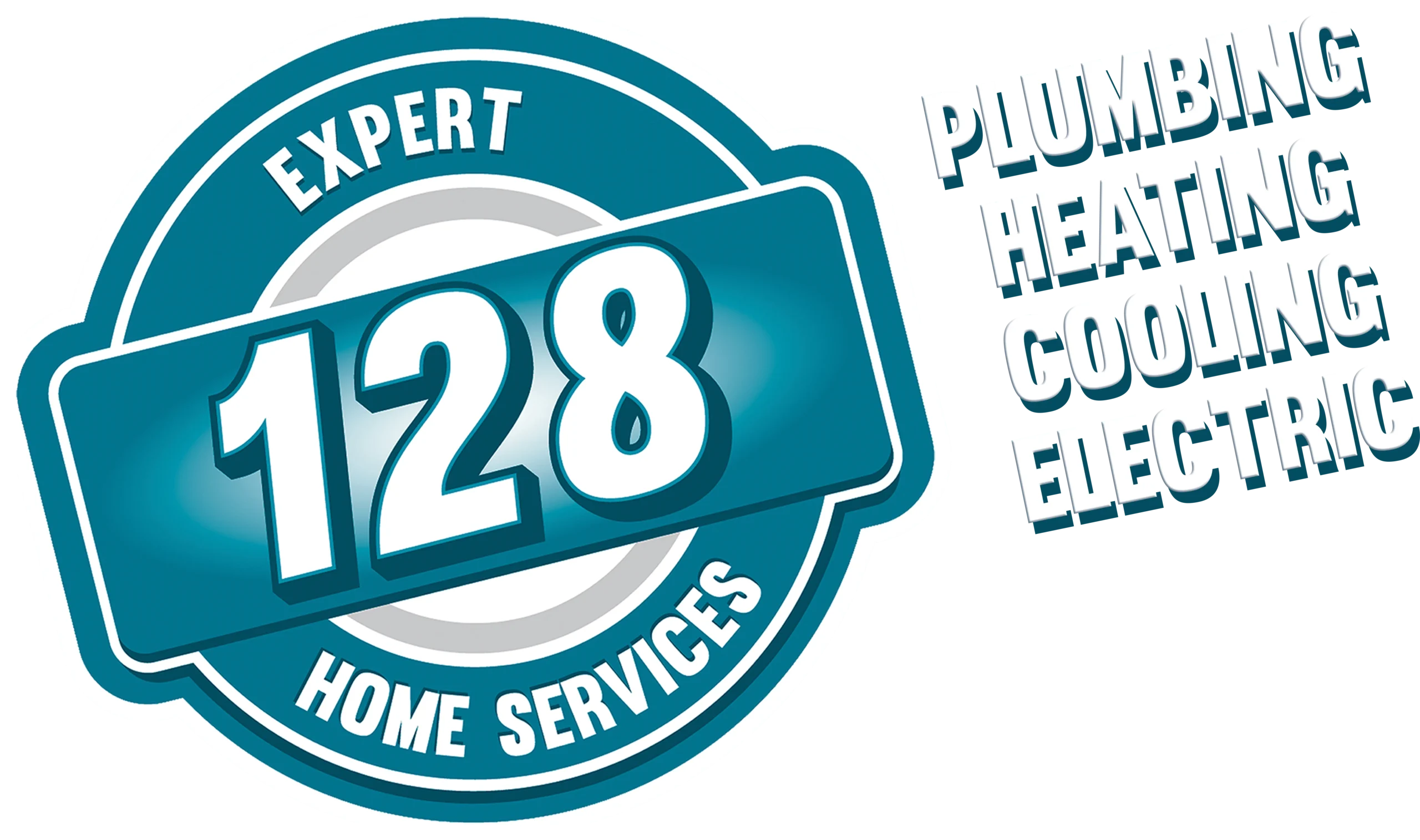For years, the heat pump has been the unsung hero of your heating system. It’s played a key role in keeping your home warm in the winter and cool in the summer, but many homeowners don’t even realize their heat pumps exist.
But that’s changing fast. Based on an interest in reducing the use of fossil fuels like natural gas and oil as an energy source, there’s a movement both nationally and locally in Massachusetts to install energy-efficient heat pumps that run on electricity. There’s also a federal push to accelerate this movement, and the phenomenon has become known as “greening the grid.”
There’s a lot involved in making the switch, however. It’s important to know what heat pumps do and how they work, as the latter especially plays a key role in any potential savings on your electric bill. At 128 Plumbing, we’ve been installing, maintaining, and replacing heat pumps for years, so let’s consider what’s involved in these savings.
How a Heat Pump Works
To some extent, the term “heat pump” is actually a bit of a misnomer. Heat pumps don’t just provide heat; they’re actually a vital part of your AC system.
The other reason the term is a misnomer is due to the fact that heat pumps don’t actually pump heat. What they actually do is move it around.
How does this work? When your house is too hot, heat pumps basically extract the hot air and move it outside. Similarly, if your house is too cold, a heat pump can bring heat from outside into your house, even if the air outside you house is cold.
The advantage of this kind of movement is greater efficiency. Normal heating systems can only reach an efficiency of 100 percent, and even heating systems based on high-efficiency boilers and furnaces “only” get to 95 or 90 percent.
But heat pumps can do better—a lot better. They can actually reach an efficiency level of 300-400 percent, and in the process they can prevent large amounts of greenhouse gases from entering the atmosphere.
According to Carbon Switch, an energy research group, switching to a heat pump can save anywhere from 1-7 tons of carbon emissions annually. That tonnage number is largest if you happen to be using old-school electric baseboard heaters, which are among the most inefficient heating systems currently in use.
So how do the savings happen? Consider the cost of buying and installing an oil-based furnace, which usually comes with a price tag of about $6K.
Now let’s look at the possibility of installing an air-sourced heat pump, for instance, will actually cost more than that up front, but electricity is a lot cheaper than heating oil. When you calculate the cost savings over time, that 300-400 percent efficiency factor starts to produce some very attractive savings numbers.
Simply put, that air-sourced heat pump will save you close to $1000 a year in your utility bills, which will pay for that heat pump in a relatively short amount of time.
After that you get pure savings, and you’ll also prevent approximately four tons of carbon dioxide from being released into the atmosphere each year. Not only that, but the fact that your heat pump does double duty as your AC means you’ll get even more savings.
Finally, there are many programs available on both the state and federal level to get rebates when you buy and install a heat pump. Those are some pretty strong incentives, so let’s move on to the next question.
How Do You Get the Heat Pump Savings?
The first thing you need to remember about heat pumps and the savings they provide is that every house is different.
That’s why you need to call on a company like 128 Plumbing that has extensive experience with heat pumps. We’ll evaluate your home, your space and your existing ductwork if you have it, and we’ll tell you more about the choices you have when it comes to different types of heat pumps and the operational tradeoffs and costs associated with each type.
Now let’s talk about heat pump technology and the history behind it. Back in the 80s, heat pumps were mostly found in Southern states, where the primary need was strong AC in the summer and a moderate amount of heat during the mild winters.
The limitation back then was that heat pumps wouldn’t work with temperatures below 40 degrees Fahrenheit, which basically set up the Mason-Dixon line as the de facto border for heat pump use.
Today, however, things are different. Modern heat pumps use a new technology in the form of variable speed compressors, which speed up the ability to move heat, and that means heat pumps can now work at temperatures down to -31 F.
That’s an impressive number, especially when it comes to the possibility of using a heat pump to get through a chilly Massachusetts winter.
You definitely need to get the right heat pump, though. Some of the older and low-performance models don’t perform all that well in the cold, but if you go with 128 Plumbing and get a newer model with a proven track record you’ll be good to go throughout the winter, especially if you have a backup system to handle extremely cold days.
Those are the basics when it comes to money savings, and it’s definitely worth looking into. The formerly anonymous heat pump can now keep you warm in the winter and cool in the summer, plus it can literally keep tons of CO2 from entering the atmosphere. And it can save you money a lot of money over time, which is where the real payoff happens.
The Best Option for Heat Pump Savings
To get those savings, you need to call 128 Plumbing so we can evaluate your situation. We’ll tell you if a heat pump is a good idea for your home, and if it is we’ll recommend some units and lay out the cost. We’ll also seamlessly do the installation, then maintain your new heat pump to keep it.
The numbers are (888) 419-4233 or (781) 670-3261, so call us and get your questions answered. We can set you up for an evaluation and installation to get the savings process started.
You can also go to 128Plumbing.com and start a live chat, and we have some great blogs and articles there to help educate you about heat pumps, how they work, and everything else you need to know to get in on the savings.


